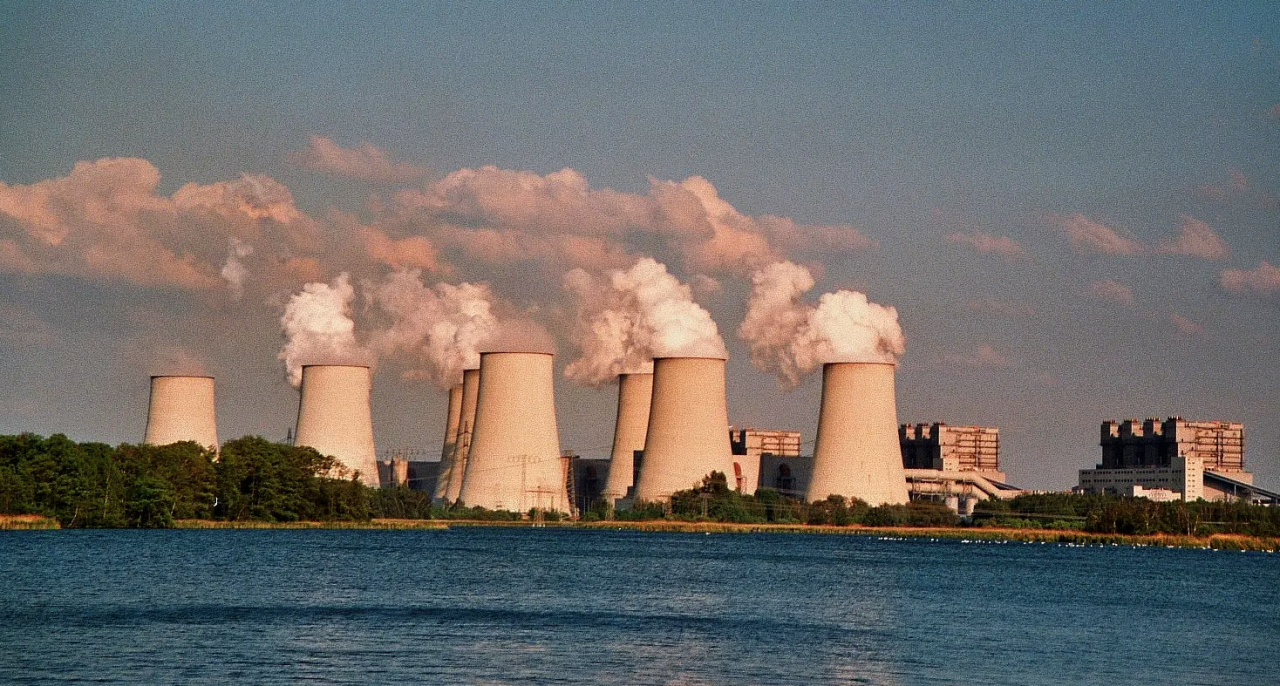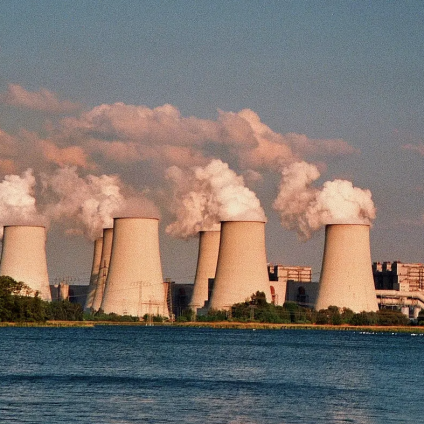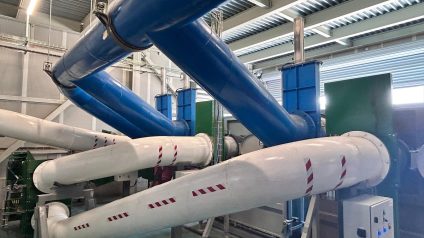The German government has extended the standby of some lignite plants until March 2024 to maintain a reserve capacity during the winter, save gas and mitigate the price of MWh
Berlin assures that the farewell to coal will be completed by 2030
(sustainabilityenvironment.com) – Germany will wait another year before saying goodbye to coal. Berlin still does not trust alternative gas supplies to Russia and extends the standby of some of its lignite plants for another winter. This was decided on 4 October by the German government with the imprimatur of the Minister for Ecological Transition and Economy Robert Habeck, leader of the Greens.
Frozen farewell to coal
The measure concerns some coal-fired power plants operated by RWE and LEAG. The 3.4 GW plant in Niederaußem, managed by RWE, is considered among the 10 most polluting plants in Europe. Neurath also has lignite and RWE, which is the 2 most polluting central site on the continent. And the 3 GW plant in Jaenschwalde, the third largest lignite plant in Germany.
Read also Germany: 4billion per year in energy subsidies to protect German industry and make it green
All sites that already last year had been kept ready to supply electricity again in case of need during the winter. The government’s decision, in fact, prolongs until March 2024 taken in 2022, when the uncertainties related to the war in Ukraine and the stop of gas supplies from Russia (including the sabotage of the Nord Stream 1 and 2 pipelines, which directly connect the two countries) were much higher.
“The supply reserve will be reactivated to save gas in electricity production and thus avoid bottlenecks in gas supply in the heating period 2023/2024“, the government explained. In this way, Berlin aims to save 3.9-5.6 TWh of electricity generation from gas and lower the cost of MWh by 0.4-2.8 euros.
At the same time, Berlin assured that this move in no way undermines the goal of saying goodbye to coal altogether by 2030, negotiated and renegotiated date with much difficulty with the coal industry – and with an outlay of 40 billion euros that the state will guarantee to operators to soften the transition.













